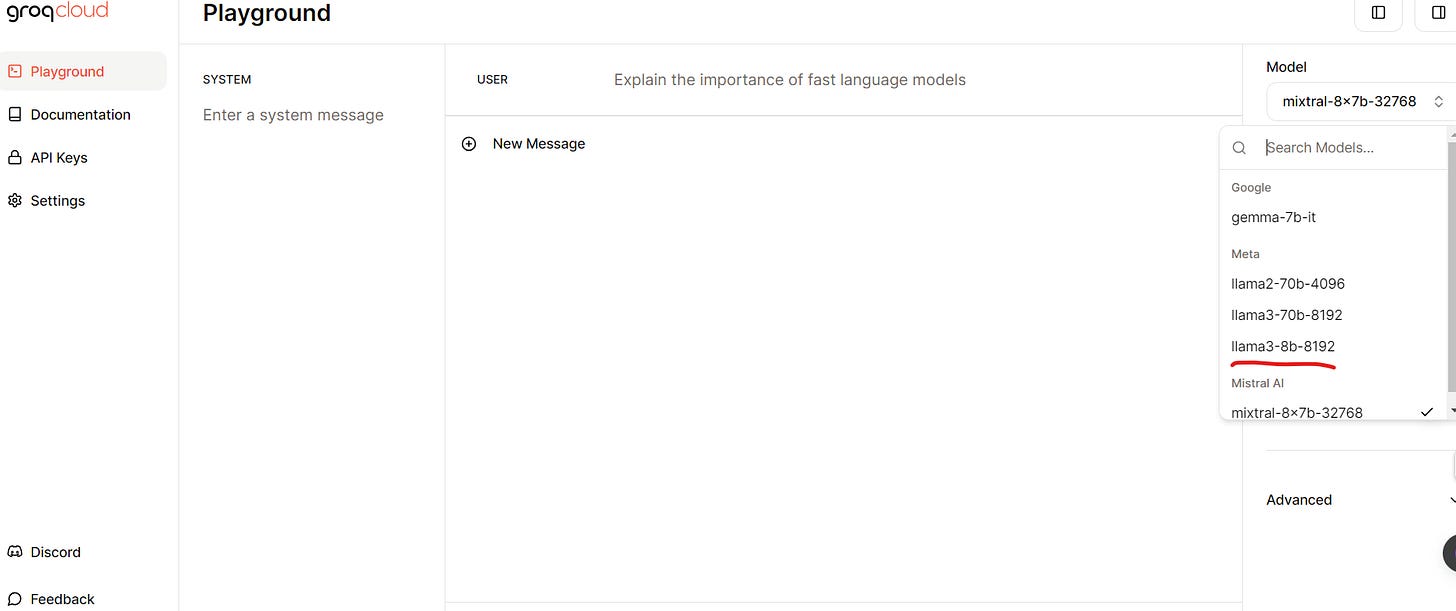Every story has an origin
Hey there friend 👋
This time I bring you the 2nd part of the X-men origins along with a new power-up
Let’s get at it!
Main quest 🛡
To recap what I said in last week’s edition.
In the 2nd half of 2015, I started bumping into content about skill acquisition from different authors. Each thing I found led me to a new one and I got deeper and deeper in that rabbit hole.
I decided to put all those findings in practice even with skepticism and disbelief.
Because top performers weren’t as open back then and didn’t shared their “secret sauce”, I went on the hunt to find all the different actions, practices, and habits they were using to get the results they had.
I became their “online shadow” and would keep tabs on what they did and what they didn’t. Both of those were important as I would find later.
And that leads into the questions at the end of the “Main quest” from last week.
I would go into one area and identified 3-4 of the top people. I’d then see which one was the most approachable while having some of the best results.
I’d reach out to any of them with some questions inspired by Tim Ferriss. Rarely any of them would reply, and in the off-chance that someone did, I’d keep those answers like I’ve found a treasure.
Regardless, following them around the internet helped me pick up particular things I’d have never thought of.
It’s like the saying, “Success leaves clues”.
How did that help to shortcut the learning process?
If you’re somehow familiar with the work of Anders Ericsson (the author of Peak), you know that he talks about “mental representations” which is like a mental map about an activity one is doing.
What separates amateurs from the pros is the amount and quality of their mental representations.
Since I was starting in a particular field, not only I didn’t know much about it (sometimes nothing at all), I also didn’t know what I didn’t know.
Read that last part one more time.
Seeing what the top performers did was revealing (although a bit puzzling) of the things I should be doing if I wanted to replicate their results.
And here’s one of the main keys I found:
Much of our learning is blocked or slowed down because of our ego.
That ego manifests in frustration, disbelief, pride, apathy, and other emotions.
Because I set aside my own ego and was being as faithful of a shadow as I could to these top performers…
I didn’t let my emotions take the best of me and instead…
I would do the actions that I needed to get the results.
Which in simple terms mean, putting the reps in over and over until I started developing proficiency in the area.
Like building my vocabulary to have a better chance to communicate with people from Brazil.
Or understanding the structure and tempo to create dope-sounding mashups, eventually leading to my first original tracks.
Or making good use of elements and layers to create cohesive and visually appealing graphic designs.
I kept on improving and refining that initial method mixing it with the findings on peak performance, accelerated learning, human potential, cognitive neuroscience and the like that I studied over the following years.
At times I didn’t want to look for research on topics to not bias my own experiences. And in other times, I’ve found in the papers themselves the proof to backup experiences and intuitive notions I’ve had on the topics in question and also in the area of skill acquisition itself.
But even when it looks like or it feels like it’s been several years in the making, I think I’m just getting started. There’s so much to discover and so much to share.
Every person, every knowledge worker is a treasure trove of untapped potential waiting to be unleashed into the world. We are only scratching the surface so far.
Experiments 🧪
To be fair, this week I didn’t experimented with local LLMS as much as the past one.
What I did was mostly setting up a coding environment powered by some of the local LLMs and GitHub Copilot alternatives that are floating around.
Part of it was to try out for myself the different open-source and whatnot options that are out there.
But another part of it is that I’m feeling that itchiness to start building something…
Even if it’s small, like in this tweet for example.
And so, I believe that supercharged learners + effective AI use is an explosive combination.
Kinda like using dynamite along with nitroglycerin. 💥
Power-ups ✨
Something really cool I found, like 2 days ago, is groq. The “fastest inference platform”.
I don’t really believe in those hype-y marketing statements.
But…
This time they might be right.
I thought the models hosted on the website of Perplexity labs were fast. But groq now takes the cake considering that it can run the new largest Llama model (Llama3-70b) and it takes a fraction of a second to display a result.
Here’s how the playground looks (once you’ve signed in).
The coolest thing about it?
I’ve found a way to use it to power the local LLMs I have installed.
Looks like it might be time to start doing some tinkering around with it 👨🔬
That’s the end of this issue!
Thanks a lot for reading.
This time it’s not me the only one who sends greetings.
I have some friends who sent them as well…
See you next week. 😉
Cheers,
Juan.




